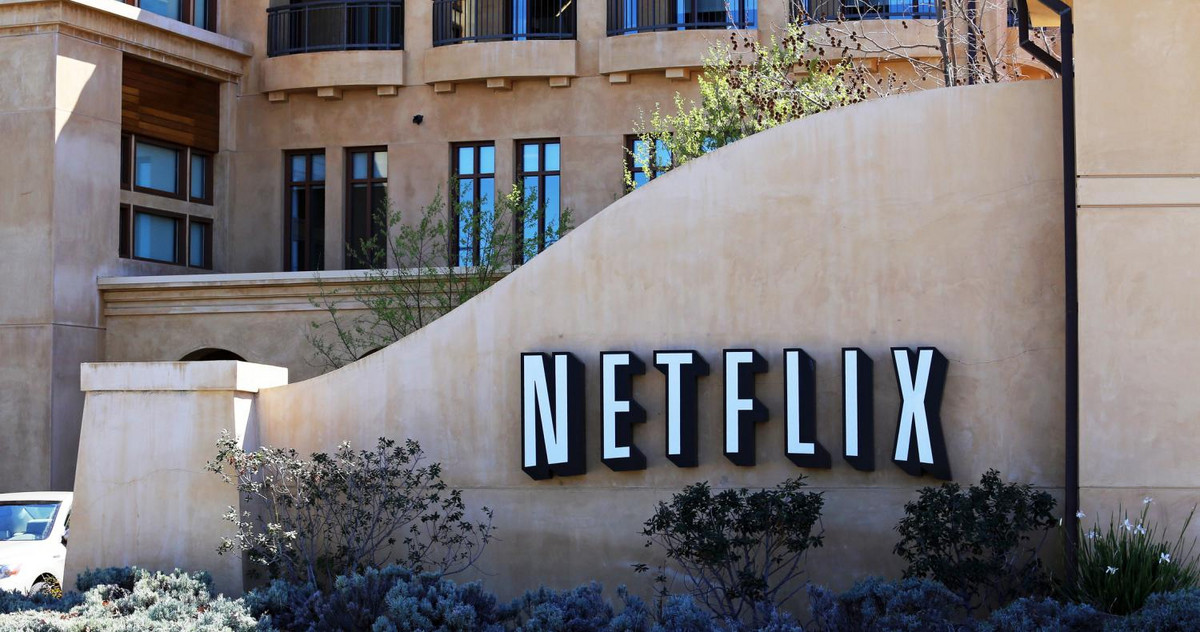Overview
Recommendations
Next Steps
Social media
Inspiring examples

In order for a company to remain competitive and thrive over a long period of time it must have two key elements. First, it must have a smart leader with an imaginative vision at the head. Second, that leader must have the flexibility to change, adapt or transform that vision if necessary. For example, in 1993, after years of success selling desktop personal computers, IBM posted the biggest loss in American corporate history to that date. Their way to survive was to adjust and move toward IT support and services for businesses. As Warren Buffet said, “In a chronically leaking boat, energy devoted to changing vessels is more productive than energy devoted to patching leaks.” The leaders of the following companies knew this to be true. Some knew it even before Buffet said it.
In 1833 a small antique store in the East End of London owned by Marcus Samuel added a new product to its shelves. Shells were popular in interior design at that time and demand for them was so high that Samuel decided to start importing seashells from East Asia. This decision laid the groundwork for the business to expand its import and export activities, which it did when Samuel’s sons took over the business in the 1870’s.

By 1892, the Samuel sons were commissioning the world’s first bulk oil tanker to travel through the Suez Canal. The Shell Transport and Trading Company then merged with Royal Dutch Petroleum to form the Royal Dutch Shell Group. Over one hundred years later, and after being studied in many business courses, Shell has stated its intention to change again and play a role in the international production and supply of electricity.
In its early history, Wipro made one of the sharpest turns a business could make. Azim Premji took over in 1966 and started to expand Wipro’s business. In about twenty years, the company that sold vegetable oil and other household products in India had set itself up to become a successful IT company. Since then, it has been referred to as the IBM of India. Premji moved the headquarters to Bangalore, a centre of technology in the country, in the 1980s. They began building PCs and designing enterprise software. Now Wipro has reported revenue at around $8.4 billion USD and provides research and development, as well as consulting services. Notably, they still sell toiletries under a subsidiary company.
Netflix originally offered a DVD rental service before moving into movies on demand. Soon afterwards, Reed Hastings, the CEO of Netflix, sent out a memo that announced the company’s new commitment to becoming a major production house for original content. Hastings knew that Netflix could not compete with companies like Comcast, Amazon, Google, or others. When he recognized this, he found a new purpose.

That announcement was made about six years ago and since then revenue has almost tripled and profits have multiplied 32-fold, and its stock CAGR has increased 57% annually. Hastings’ decision is a key example for students in business school and beyond that changing course can often lead to big rewards.
Ready to make a change?
Learn more about MBA university with WU Academy today.